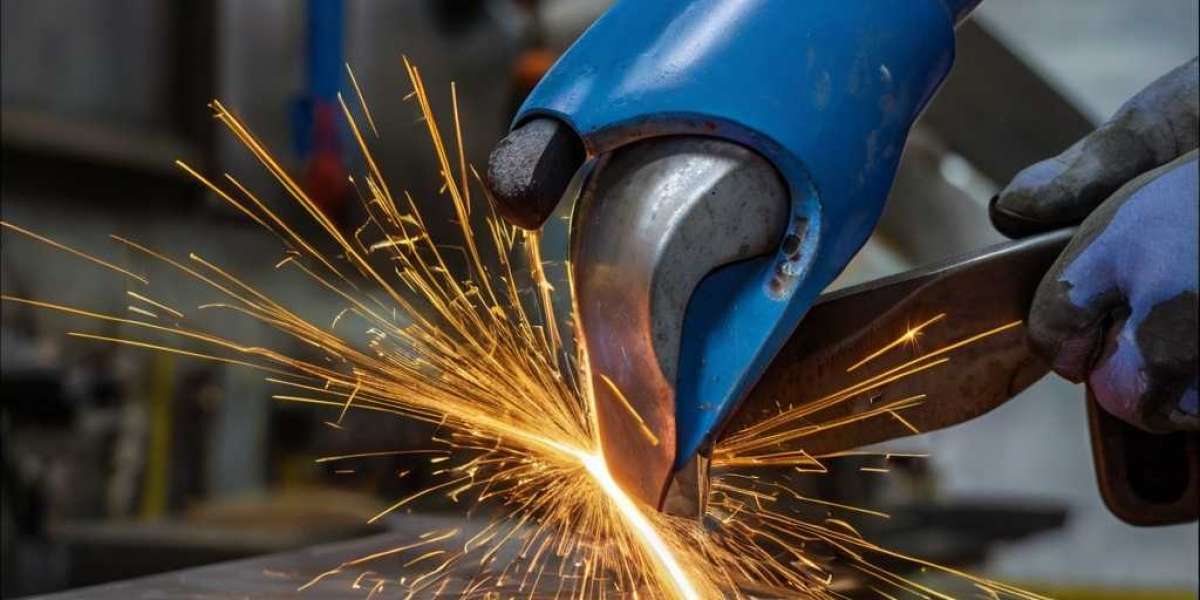As the global market grows and evolves, the demand for product customization has intensified. Many leading companies are concentrating on their core areas—brand management, product design, and marketing—while outsourcing non-core functions to specialized manufacturing service providers. This strategy has fostered the emergence of manufacturing service companies, such as Foxconn and Flextronics, which are now prominent players in the global manufacturing landscape.
Precision metal components have become indispensable in these outsourced products, playing a crucial role in both the aesthetics and functionality of end products. With rising precision requirements, manufacturing service providers are increasingly specializing in precision manufacturing, leveraging their technological and cost advantages. Even industry giants like Foxconn and Flextronics rely on these specialized firms for manufacturing and technical support, thereby enhancing their overall competitiveness and shaping China's precision metal manufacturing sector.
One key area of focus within this industry is precision sheet metal manufacturing, which is essential for delivering high-quality, accurate metal components. This process utilizes CNC and sheet metal technologies, employing various cold-working techniques such as cutting, stamping, bending, welding, riveting, assembling, and forming to process thin metal sheets (typically less than 6mm thick) to meet stringent customer requirements for product accuracy and functionality.
Compared to traditional sheet metal manufacturing, precision sheet metal fabrication offers several distinct advantages:
High Precision Requirements for Downstream Industries Precision sheet metal services cater to high-tech sectors such as telecommunications, aerospace, solar energy, and semiconductors, where precision is critical. For instance, the accuracy of communication base station antennas directly affects signal transmission and reception, while solar power systems require precise metal components to ensure optimal light concentration and photoelectric conversion efficiency. For example, a 300-watt solar panel demands a backplate thickness tolerance within 0.5% and no deformation under 4000-volt high-pressure tests. Additionally, these industries impose stringent requirements on the visual quality of products, including color consistency and smoothness of lines.
Need for High-Precision Equipment and Molds Precision manufacturing demands advanced equipment, such as flexible manufacturing systems, CNC punching machines, CNC bending machines, friction welding equipment, and robots for assembly and welding. The automation and precision of these devices ensure the accuracy of sheet metal products. For example, CNC punching machines can maintain a forming error of ±1.5mm for plates measuring 1.1m x 1.4m. Mold accuracy is also crucial, typically requiring precision within microns (0.01mm).
Focus on Accurate Unfolding Processes Precision sheet metal manufacturing utilizes cutting-edge tools like laser cutters and CNC bending machines, revolutionizing traditional processing methods. Traditionally, sheets were roughly unfolded before bending, then resized and further processed, leading to inefficiencies and material waste. In contrast, precision sheet metal fabrication involves precise unfolding, cutting all shapes, holes, and slots before bending, which enhances efficiency and quality but demands higher precision in unfolding diagrams.
High-Quality Production Environment A high-quality production environment is essential for ensuring the reliability and stability of precision sheet metal products. Precision equipment is sensitive to temperature changes, which can affect device accuracy and, consequently, product quality. Furthermore, downstream industries like telecommunications and solar energy require strict controls on carbon emissions, airborne dust levels, and equipment insulation to ensure stable operation of the final products.
As a professional in the field, I believe that the evolution of precision sheet metal manufacturing reflects broader trends in the industry. The increasing demand for high precision, coupled with advancements in technology, is driving the sector towards greater specialization and innovation. This focus on precision not only enhances product quality but also strengthens the competitive edge of manufacturing service providers globally.









